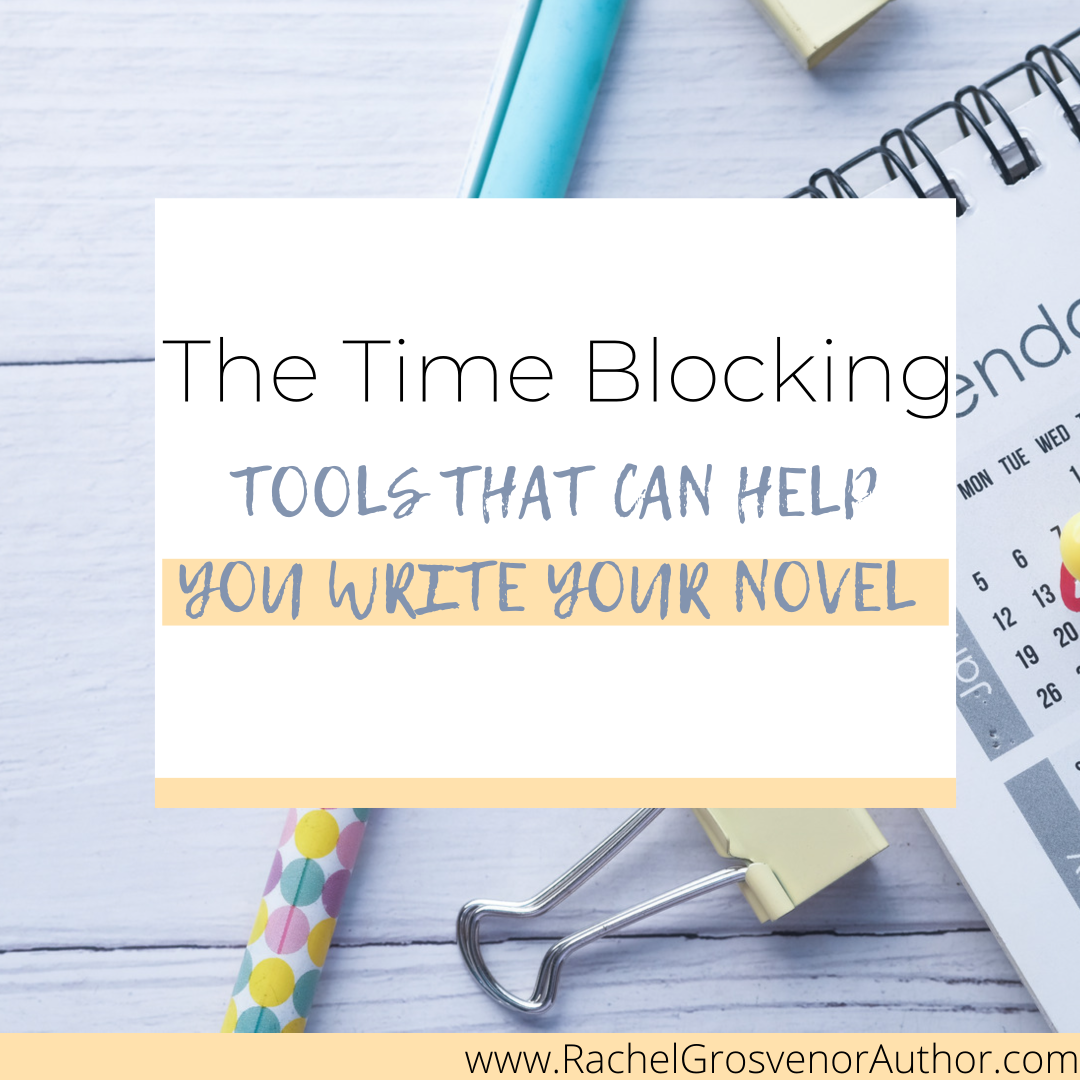You may know by now that I am a time blocking fan. Put simply, time blocking enabled me to complete a PhD while working two jobs, and finish two novels in one year with time for querying. So yes, time blocking works for me. I use time blocking tools to help me with this, and here are some of the ones I recommend for you!
But hang on, what is time blocking?
Essentially, it is understanding how much time you have to do tasks in your day, and blocking out your time, dedicating each block to a task. Did you know that just one hour of planning can save you ten hours of doing? Seriously – the amount of time planning can save us makes it a no brainer for writing a novel.
Looking for an introduction to time blocking? That’s what I share in my free class right here: Novel Writing Masterclass.
There are so many time blocking tools that can help us, so I thought I would give you my top four! I’ll include the links so you can explore more if you like the sound of them.
Asana
One of the most popular time blocking tools and the one you have probably already heard of – Asana helps you keep track of all of your To-Dos in your various projects. It has reminders, you can link it to your phone, and if you love ticking off tasks as I do, it works well.
Perfect for: Collaborations and writing with others. You can add ‘team members’ to Asana, which is ideal if you’re sharing a writing project.
ClickUp
ClickUp has a reputation for being super easy to use, and it is free for the full version. You can manage multiple projects at once, and it even has an inbox.
Perfect for: Single users who want to manage their daily routine as well as their writing routine.
Google Calendar
It’s the one you may already use, and I love it. It enables time blocking through easy colour coding and reminders, and it speaks beautifully to your other calendars. It also adds in tasks for you when you accept invitations, and that is a dream.
Perfect for: The writer who wants to give time blocking a go before they commit fully to it!
The Classic – The Paper Planner
I won’t lie to you – I’m a paper fan. I like paper books, like writing things down longhand, and my weekly planning is no different. There is also something so beautiful about tearing off a week when it’s over and the physical act of scribbling a task out. There are some excellent paper planners out there, but I favour the type with tear-off sheets!
Perfect for: Old school writers, fans of nostalgia.
Okay, so now you know what tools are out there – ready and waiting for you to try, what about trying Time Blocking? If you are ready for an introduction to the practice (as well as other helpful information), check out this free class I’m giving away as part of my Novel Writing Masterclass: It’s Time to Write Your Novel.
Want to chat more about how it works? You can now book a Discovery Call with ease on my website. It’ll alter to your time zone, and you can book yourself in!
Found this helpful? Please share it with another writer.
If you are looking for a similar read, check out the following blog posts:
Online Writing Tools That Can Help You Write Your Novel
Task Batching: How It Can Give You More Time to Write








